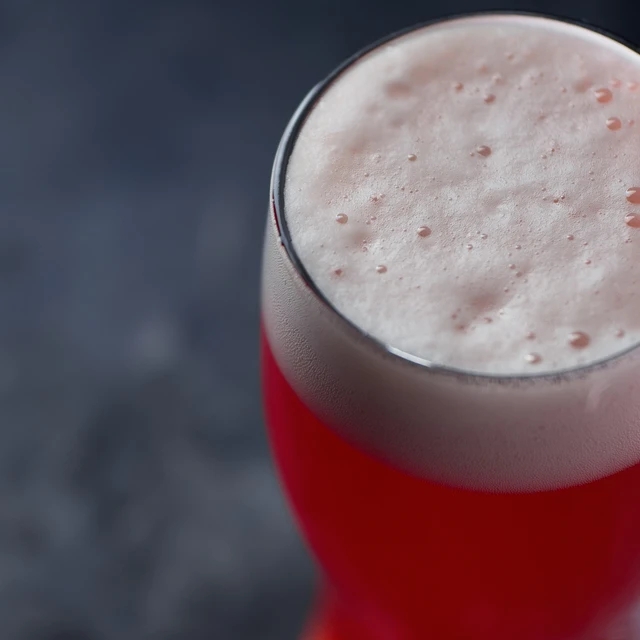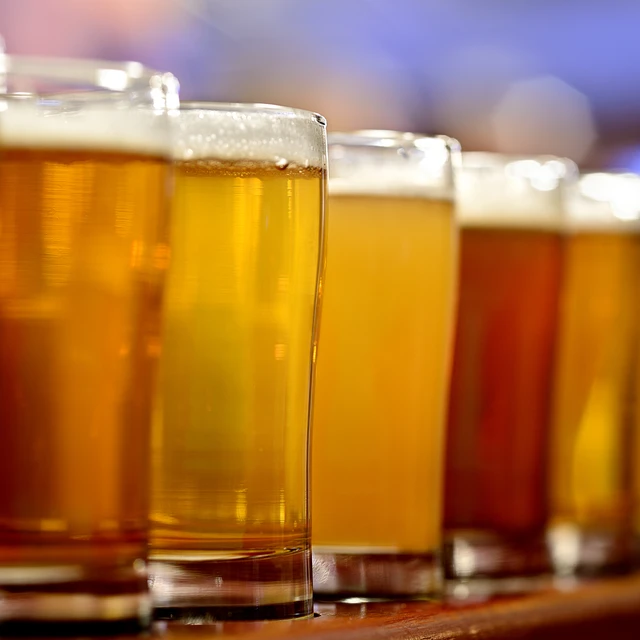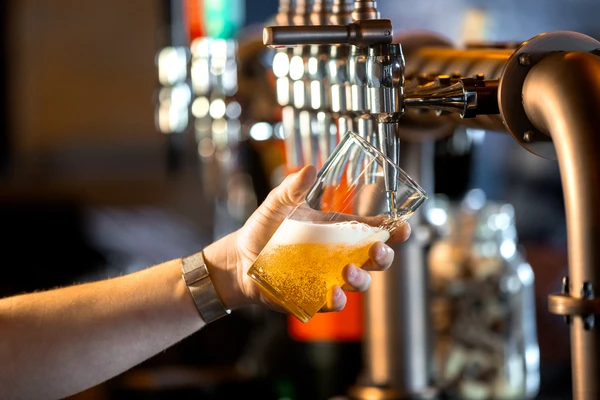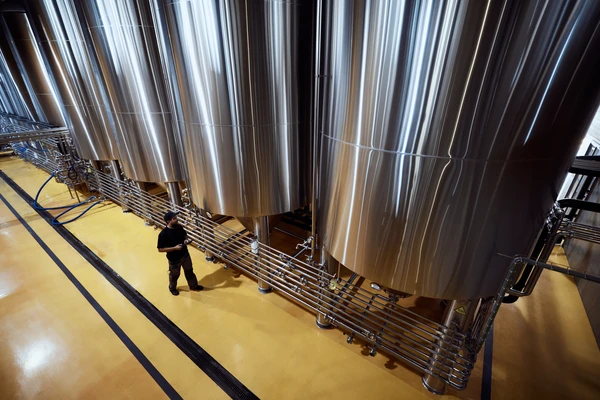
Yeast helps improve production and flavor
Case Study: See how this brewer tackled the uncertainty of direct inoculation solutions for kettle souring, where fermentation times vary between 24 and 48 hours.
Brewer wanted to improve production planning and flavor
Current direct inoculation solutions for kettle souring create uncertainty in commercial brewing, with fermentation times ranging from 24 to 48 hours. This unpredictability complicates production planning and scheduling, making it difficult to optimize brewery operations.
Many brewers have tried cultures developed for the dairy industry. Unfortunately, these often give an undesired “dairy aroma” to the final beer. This results in a sharp, unbalanced flavor profile that lacks integration, affecting the overall taste and consumer appeal of the final product.
SmartBev™ Harvest LB-1 unlocks efficiency
Novonesis’ SmartBev™ Harvest LB-1 (a Lactobacillus plantarum) streamlines the kettle souring process by ensuring a consistent 16-hour fermentation time, reliably reaching a pH of 3.4 with no lag phase and no need for pre-acidifying.
This predictability allowed our customer, a regional brewer, to plan production with confidence, improving efficiency and reducing downtime.

SmartBev™ Harvest LB-1 enhances flavor
Furthermore, the brewery found that SmartBev™ Harvest LB-1 enhanced the sensory profile of their kettle-soured beer, delivering a smooth, well-integrated lactic acidity that was softer and more balanced on the palate.
The product improved both process control and flavor quality. The brewery achieved greater operational efficiency while producing a superior, more appealing product.
Region: APAC
Explore more success stories.

Better aroma, half the malt
Case Study: This brewery invested in dealcoholization equipment, but were not satisfied with the resulting beer shelf-life or aroma.

Achieving consistent propagation results
It’s often difficult to achieve consistent results in your yeast management program. Here’s a solution.

Fast and reliable acidification
Case study: A regional brewery found their process of microbial acidification for producing kettle sours was too slow.